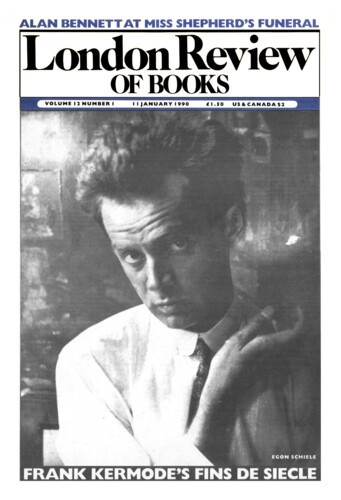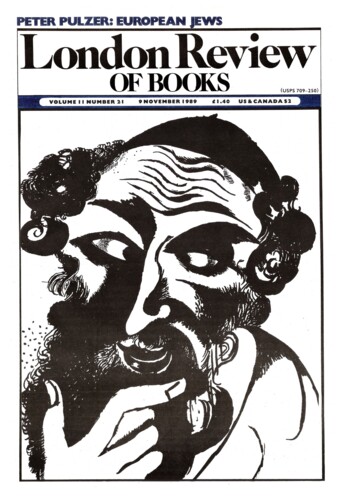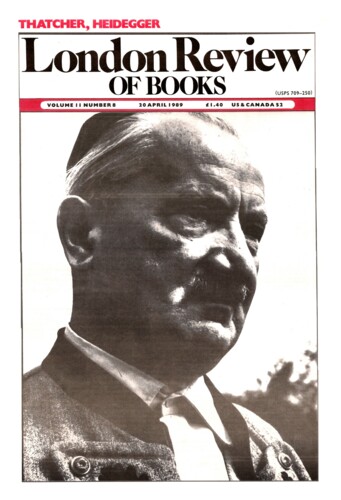Prodigies
Patrick O’Brian, 10 May 1990
Anyone who has travelled even as far as Paris, threading with more or less success the Kafkaesque corridors of Heathrow or God preserve us Gatwick, will agree that a man’s soul has to be riveted to his body to survive it. What then are we to say to Fernao Mendes Pinto, who travelled with scarcely a pause except for being captured 13 times and 17 times sold into slavery, going from the Ethiopia of Prester John to the Japan of the Daimyos and St Francis Xavier?




